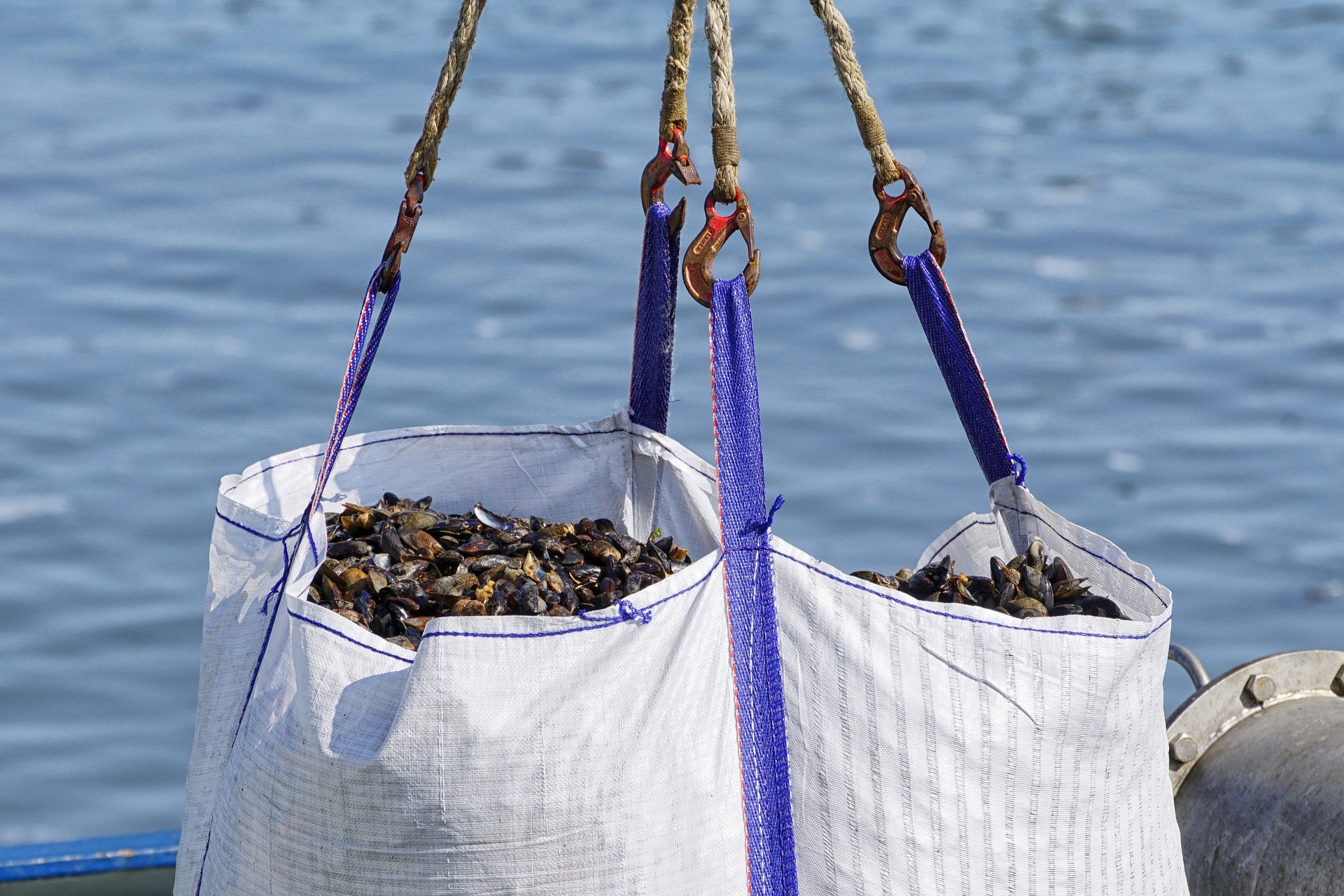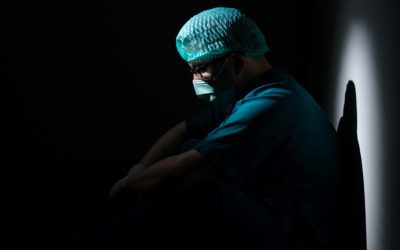Gas station attendants and app drivers are some of the new professions that absorb most workers who have not found in their original occupations a possible means of subsistence. These new jobs, which do not require extensive technical knowledge to operate and are indifferent to the professional background of their employees, have concentrated, for example, on some of the people who until then found fishing a way to make a living.
More specifically, those who carried on, in an artisanal way, and with a knowledge passed from father to son, a craft that crossed many generations, contributing to the livelihood of an entire community. This is the artisanal mussel fishing in the municipality of Niterói, especially in the three locations where, until today, many shellfishermen live this practice: Jurujuba, Boa Viagem, and downtown Niterói.
Aware of this contemporary phenomenon and with the concern to preserve this know-how, which is a mark of the culture of the Niterói region, the PhD in Biological Sciences and UFF professor Eliana Mesquita developed the project “Prosperous Future of Mussel Production in Niterói: from Tradition to Dynamism”, which brings together researchers from the university to work on the economic and social development of mariculture. The initiative is part of the Applied Project Development Program (PDPA), a partnership between the University and the City Hall, and is supported by the Euclides da Cunha Foundation (FEC).
President Antonio Claudio Lucas da Nóbrega says that the PDPA, a partnership made before the pandemic, has become even more important in the current scenario, for the economic recovery of Niterói. “UFF is dedicated and active, through different projects, for the city to move forward and recover as soon as possible. The artisanal fishing initiative contributes directly to the generation of employment and income, a very important action in a moment when people are going through great difficulties”.
Among the program’s main objectives, we highlight the monitoring of the hygienic-sanitary quality of mussels produced in the municipality of Niterói, the dissemination of information, also about entrepreneurship and finance, to the group of shellfish gatherers, a traditional activity in the municipality, and, finally, the creation of a mollusk processing unit that would lead to improved working conditions and food safety.
Eliana explains that the project aims to expand on different work fronts. One of them is to help the communities survive, with their respective knowledge and cultures. According to her, “these localities maintain themselves with difficulties, under the influences of countless environmental and social changes around them. The professor emphasizes that generationally transmitted knowledge is extremely important for the present and future of bivalve mollusk production in a sustainable and profitable way for these populations. “Our project would act to preserve the activity, which is of great importance for the municipality, avoiding the exodus of fishermen’s children, who seek other forms of subsistence.”
According to the professor, “it is essential to act to preserve the identity of these communities as producers of food with high nutritional value and important for tourists who come here in search of gastronomy typical of the region. Focusing also on the tourism potential of the activity in the municipality, the researcher emphasizes the relevance of acting around the change of vision of the population about mussels: “there is a very large prejudice in relation to the product by consumers due to the pollution of Guanabara Bay. It is known that bivalve mollusks are used worldwide as indicators of environmental pollution because they are filtering organisms.
In this sense, the program would help in providing conditions to improve the quality of the fish, which often suffers from contamination by oil and other substances. By means of training and the supply of adequate structures to the needs of the activity, better conditions for the practice of more rational mariculture were created, concentrating the activity in cleaner, non-contaminated areas, and following the requirements of the Sanitary Surveillance. “It is fundamental that we show that this will make their product have a much higher market value,” explains Eliana.
For another member of the initiative, Carlos Eduardo de Freitas Guimarães Filho, a doctoral student in the Veterinary Hygiene and Technological Processing of Animal Products Program at UFF, “taking part in the project brought a lot of new learning and experiences, besides contributing to my master’s thesis, in which I worked on the analysis of biological contaminants in mussels, before and after depuration, from mariculture in the coastal lowlands of Rio de Janeiro.
According to him, among the many benefits provided by his participation in the project, the most important is the fact that it can bring scientific knowledge to people’s daily lives, providing the construction of public policies, better working conditions, as well as a good quality of life for the population. Carlos concludes by saying that a remarkable moment of this whole experience was the expression of contentment on the face of a shellfish picker when he learned that the project would improve his and his community’s working and living conditions.





